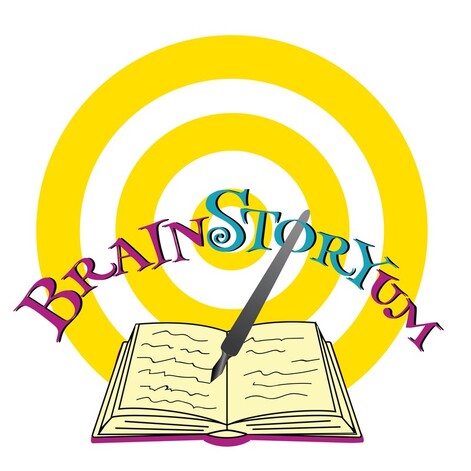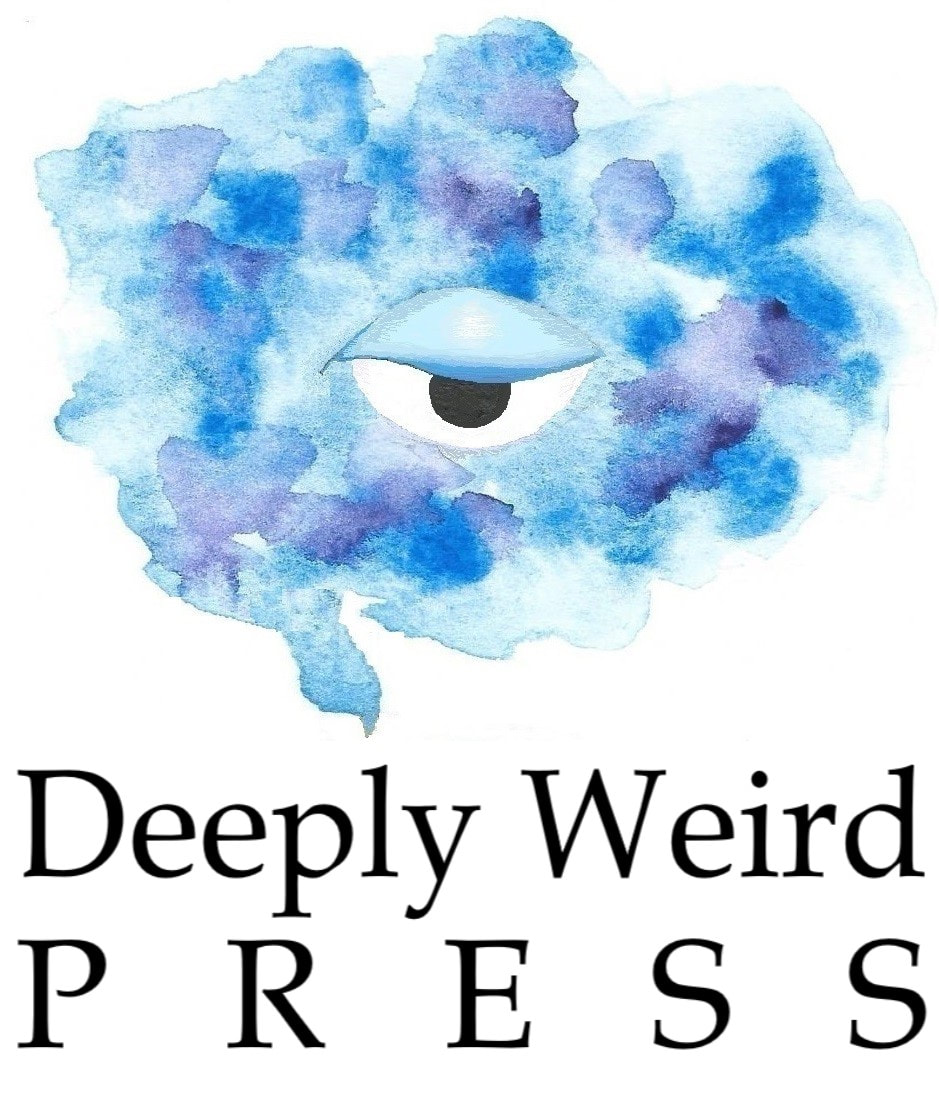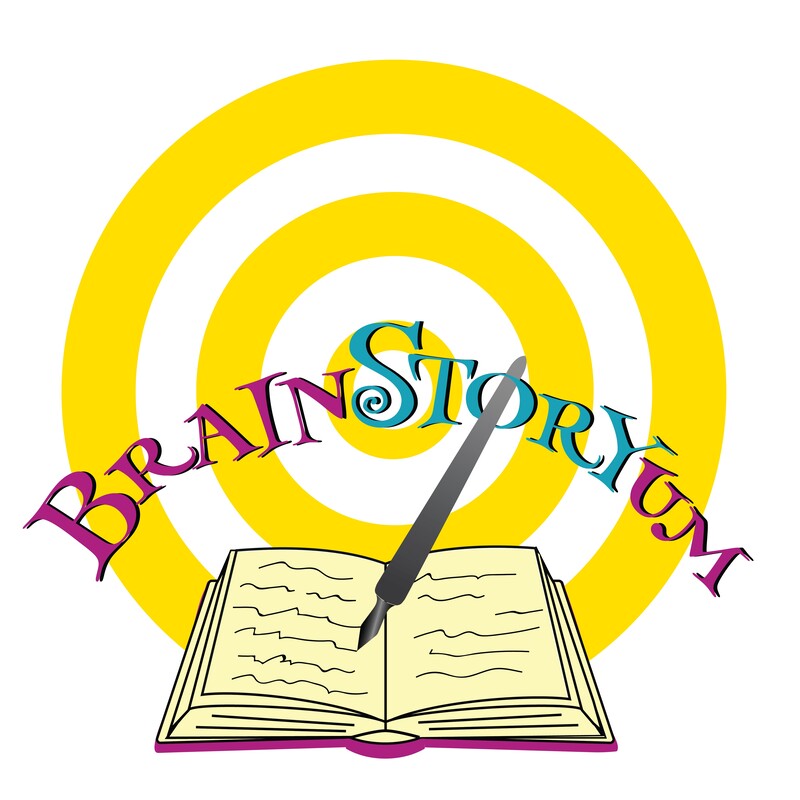Today’s show explores the use of intimate third person narrative, and how to wind in a mixture of mystery, distance and closeness to enrich your storytelling.
|
|
What readers are sayingReview of The Empty Danger: 5.0 out of 5 stars |
Contact |


